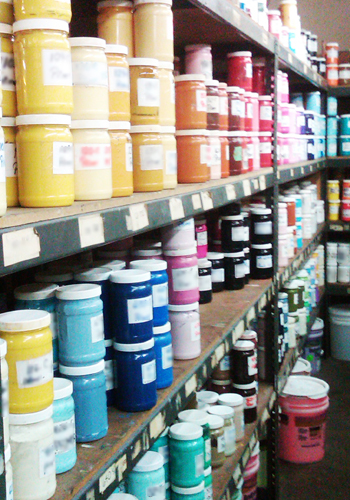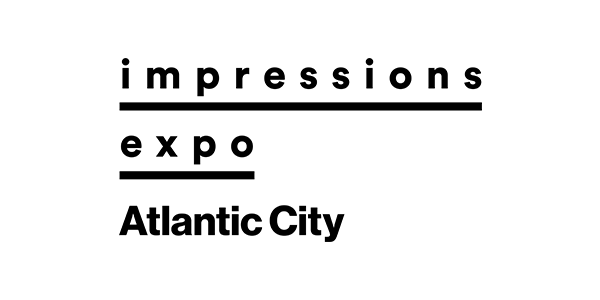I travel a lot for my job and, therefore, I see a lot of different ink kitchens, varying from immaculate to — quite frankly speaking — unbelievably filthy.
I find that some of the ink kitchens that are “so clean that you could probably eat off the floor” are ones that belong to some of the largest and most successful print shops. Obviously, through those companies’ growth they have learned the lesson that keeping things clean and organized contributes greatly to their bottom line. Just because you print a lot of shirts does not mean you’re profitable and growing.
Why do I emphasize the “successful” point? After all, it costs money to keep those big shops clean, right? Well, it costs even more to not keep them clean and organized.
Why do I say that? I don’t have a Mr. Monk complex, nor do I want to belabor the point. However, I do hate to waste money and resources. Following are five factors for maintaining a clean ink kitchen in your shop.
1. You should mandate that each ink container be stored in a clean (no ink smears showing on the outside) container with a legible label showing the ink color and formula.
2. The ink should be handed from the ink kitchen to the printer in a clean container.
3. The ink bucket is used and maintained in a clean manner and should be returned to the ink kitchen in the same condition in which it was dispensed. This is called respect.
4. If all these steps are maintained, there surely will be no confusion as to what is inside the container. In light of the current Consumer Product Safety Improvement Act (CPSIA) regulations, organization and cleanliness in your ink kitchen are paramount to ensuring the correct products (phthalate-compliant or non-phthalate inks) are used and that there is no cross-contamination. Further, keeping a clean house will ensure there will be no damaged shirts due to dirty tables, floors, hands, etc.
5. Clients will be impressed with the perceived cleanliness and organization. As they say, perception is reality, and if your shop or ink kitchen looks filthy, that perception can cost you dearly.
Kieth Stevens is the Western regional sales manager for International Coatings. He has been teaching screen printing for more than 10 years and is a regular contributor to International Coatings’ blogs. For more information, visit iccink.com and read the company’s blog at internationalcoatingsblog.com.





